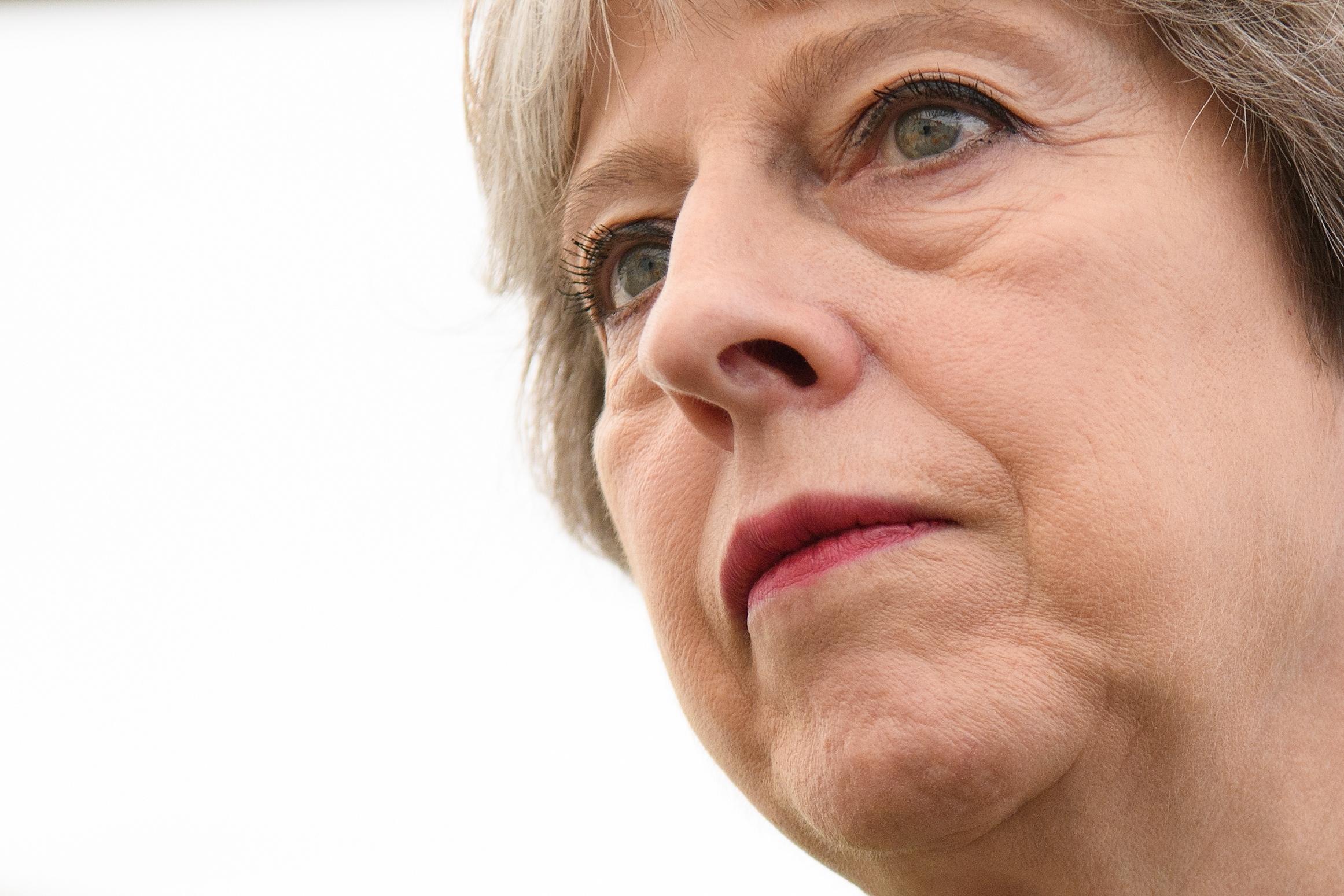Theresa May warned not to 'criminalise thought' by UK's terror watchdog
Max Hill QC has said measures should be focused on people preparing for acts of terror

Your support helps us to tell the story
From reproductive rights to climate change to Big Tech, The Independent is on the ground when the story is developing. Whether it's investigating the financials of Elon Musk's pro-Trump PAC or producing our latest documentary, 'The A Word', which shines a light on the American women fighting for reproductive rights, we know how important it is to parse out the facts from the messaging.
At such a critical moment in US history, we need reporters on the ground. Your donation allows us to keep sending journalists to speak to both sides of the story.
The Independent is trusted by Americans across the entire political spectrum. And unlike many other quality news outlets, we choose not to lock Americans out of our reporting and analysis with paywalls. We believe quality journalism should be available to everyone, paid for by those who can afford it.
Your support makes all the difference.Theresa May has found herself at loggerheads with the UK’s terror watchdog after he warned the Government that it should not “criminalise thought” in its efforts to stamp out terrorism.
Max Hill QC said measures backed by the Prime Minister should not go ahead despite further action having been promised in the Tory manifesto.
Ms May held firm on Tuesday, saying that her administration stood by moves to tackle the “scourge of extremism”.
It comes after Mr Hill last week suggested some returning British Islamic State fighters should be reintegrated into society rather than prosecuted.
In quotes released to the London Evening Standard ahead of a speech to the human rights campaign group Justice on Tuesday, Mr Hill said: “We do not, and should not, criminalise thought without action or preparation for action.
“Whilst we can all agree that there should be nowhere for real terrorists to hide, we should also agree that legislating in the name of terrorism when the targeted activity is not actually terrorism would be quite wrong.”
Among new measures promised by Ms May to tackle extremism are banning orders and extremism disruption orders, backed by potential jail sentences.
Mr Hill instead urged ministers to speak to a wider range of Muslims, including those with whom they did not agree, and criticised calls for them “to ‘do more’ to fight extremism” without spelling out what that should involve.
He went on: “Thought with steps towards action can be terrorism. Thought without action or preparation for action may be extremism, but it is not terrorism.
“At least, this is where I hold the dividing line. Whether others agree is a matter of debate. You will recall the proposals for banning orders, extremism disruption orders and closure orders.
“If any or all of them make a reappearance, that will be evidence, for me, of the creation of criminal sanctions, formal consequences which fall on the wrong side of the divide.”
As Home Secretary, Ms May included the idea for the new measures in a counter-extremism strategy in late 2015.
This said laws would be introduced to “ban extremist organisations that promote hatred and draw people into extremism” and “restrict the harmful activities of the most dangerous extremist individuals”.
The PM also vowed to use the law to “restrict access to premises which are repeatedly used to support extremism” and promised in this year’s Conservative manifesto to consider introducing the measures.
In June she reiterated her desire for tighter curbs, saying there has been “too much tolerance of extremism in our country”.
Her spokesman said on Tuesday: “Our views are that we want to send a message that we will not tolerate terrorism and we have taken significant action to tackle it and tackle the scourge of extremism.”
Join our commenting forum
Join thought-provoking conversations, follow other Independent readers and see their replies
Comments